In April of this year, the NSW state government enacted the Retail and Other Commercial Leases (COVID-19) Regulation 2020 (NSW) to govern negotiations between landlords and tenants during COVID-19. Our summary of the initial Regulation can be found here. Since the Regulations were introduced, many negotiations between landlords and tenants have been bought to a standstill due to a lack of clarity over the intention of the Regulations. As a result, on 3 July 2020, the NSW State Government introduced further changes to the Regulation. We have provided a brief outline of these changes and how they might impact your business below.
Which tenants are covered under the Regulation? Under the Regulation, only “impacted lessees” are covered, which is defined as tenants who:
- Qualify for JobKeeper, meaning they have experienced at least a 30% downturn in revenue by reference to a comparable period; and
- Had a turnover in the 2018-19 financial year of less than $50 million.
The primary issue with the initial Regulation was that it was unclear as to whether the provisions only applied to impacted lessees, or all leases, which these amendments have clarified.
Evidence from impacted lessees Under the initial Regulation, there was no requirement for impacted lessees to provide evidence that they are an impacted lessee. This has now been amended so that landlords can request the following evidence from their tenants:
- A statement confirming they are an impacted lessee; and
- Evidence that the tenant is an impacted lessee.
The Regulations are unclear on how much evidence is required to satisfy this requirement, but some form of evidence is now required. Where a tenant fails to provide this evidence, the landlord is taken to have fulfilled their duties under the Regulation and does not need to make additional provisions for that tenant.
Clarification on application to impacted lessees only The following provisions have been amended to only apply to impacted lessees, evidence of which must now be provided as noted above:
- Obligations to renegotiate rent and other terms – our previous summary of the Regulations outlined the parties obligations in regards to renegotiating the terms of a lease in this COVID-19 environment. The Regulations now clarify that these provisions only apply to impacted lessees;
- Agreements between parties – under the Regulations the parties are permitted to opt out of the scheme by agreement. This has now been amended to apply solely to impacted lessees. However, these Regulations do not apply to other leases.
- Impacts of future Commonwealth or State Legislation – in its previous state, the Regulation protected all tenants from being in breach of their lease due to any changes in the law that impacted their tenancy. This has now been amended to apply solely to impacted lessees. For example, this could mean that if any future mandated lockdowns occur, unless a tenant can show they are an impacted lessee, they will be required to meet their obligations under the lease.
Agreements covered by these changes Under the current regime, these laws are due to expire on 24 September 2020. Therefore, unless these Regulations are extended, landlords are only required to offer this assistance until that date. Until then, these changes could have the following implications on negotiations with tenants:
- Landlords will no longer have to negotiate with tenants who cannot provide evidence that they are impacted lessees; or
- Landlords will not be required to enter into new negotiations with tenants that are not impacted lessees.
If you are a tenant or landlord seeking advice on the impacts of COVID-19 on your lease, contact Dean Woodbridge at dwoodbridge@lswlawyers.com.au or Sam Saad at ssaad@lswlawyers.com.au. Important Disclaimer: The content of this publication is general in nature and for reference purposes only. It is current at the date of publication. It does not constitute legal advice and should not be relied upon as such. Legal advice about your specific circumstances should always be obtained before taking any action based on this publication.












